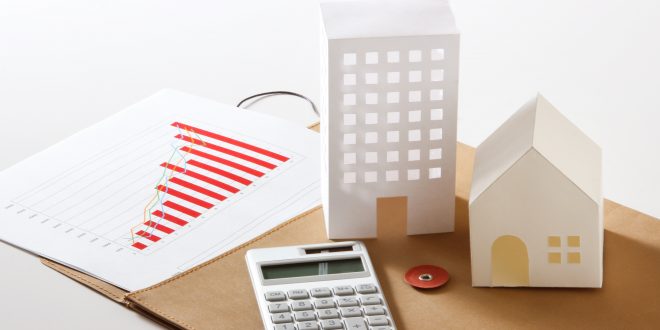Have you, or are you thinking about, investing in a new condominium in Toronto? It’s important you understand all the tax issues and benefits that are available to you as an investor.
Let’s walk through an example of a typical first time condo investor.
Samantha lives in Toronto and wants to invest in a condo. She plans to purchase a condo for $365,000, and sell it as soon as it closes. What tax issues are important for her to consider before investing in this condo?
- “Flipping” can have serious tax consequences
The Canada Revenue Agency (CRA) determines the final tax rate used to calculate any taxes owed when Samantha sells her condo. Samantha would prefer any gain on the sale of her condo to be a capital gain and benefit from being taxed at half the rate of business income. However, according to the CRA, if a person “habitually does a thing that is capable of producing a profit,” then that profit is considered business income, which is taxed at twice the rate of capital gains. The CRA deems “flipping” to be a business activity.
While the CRA has no definition of “flipping”, the CRA does require you to rent your property for at least one year to claim HST. A flipper is someone who holds onto a property for a short period of time (generally less than a year) then sells it. If Samantha rents her investment condo for at least a year, and then sells it, the sale will likely be treated as a capital gain. However, if the condo doesn’t get rented, and Samantha sells it within a year, any gains might be deemed business income.
In the table below, the resulting tax consequences of the CRA deciding on either the sale being a capital gain or a “flip” are summarized. If the CRA deems the sale a “flip”, even though you filed the sale as a capital gain, you are liable to pay taxes on the full profit as well as interest due on that tax:
Tax result table:
| CRA decision | Profit on sale of property: | Tax inclusion: | Taxed on a gain of: |
| Capital gain | $70,000 | 50% | $35,000 |
| Flipping | $70,000 | 100% | $70,000 |
The CRA has been clear about its willingness to audit real estate transactions that it considers questionable. Samantha must ask herself: “What is my true intention for this property and can I prove it in a court of law?” The CRA will examine evidence to come to a final conclusion. Was there a short term open mortgage? Was the condo marketed for sale soon after possession? Evidence that an investor is in the business of short term buying and selling of real estate, or other various tax reporting behaviours that suggest the same, will likely lead to a deemed “flip”. If Samantha had the intention to rent her condo out longer term and create actual investment income from it, then the CRA should have less basis to consider it a “flip”.
The bottom line is this: Strategic investors know and understand that not having a clear tax strategy can be very risky. Samantha should be clear about having a good long term tax strategy in place to avoid serious tax repercussions. It’s highly advisable to consult with a tax specialist when creating a tax strategy. Samantha should have an open dialogue with her accountant to set a clear mandate.
Disclaimer: This article is not meant to be considered taxation or legal advice. Always consult your appropriate legal and tax professionals for advice on such matters.
 StoryLine By CondoNow
StoryLine By CondoNow




